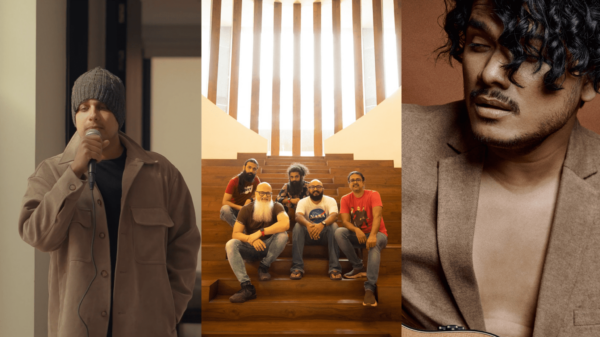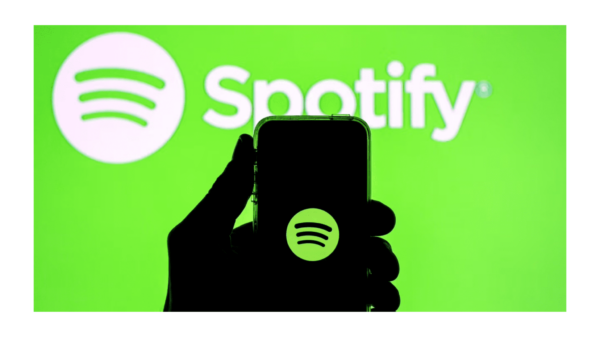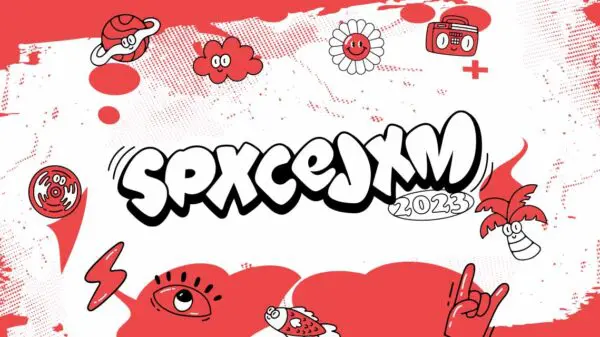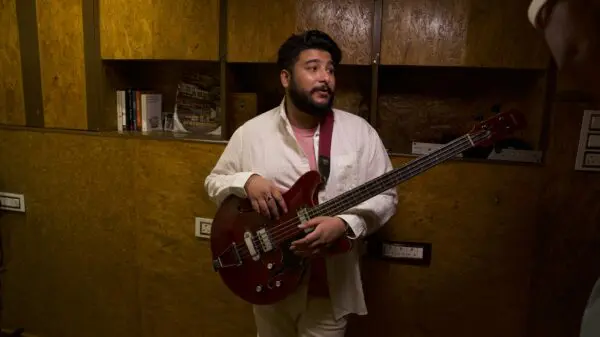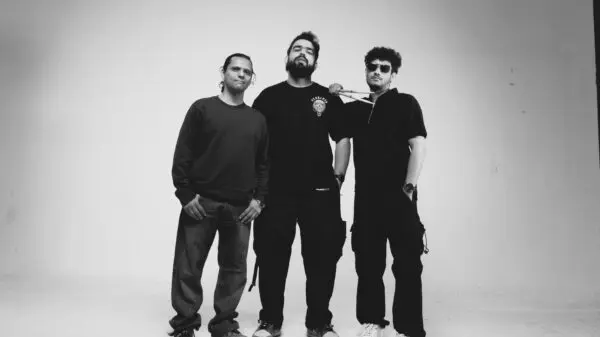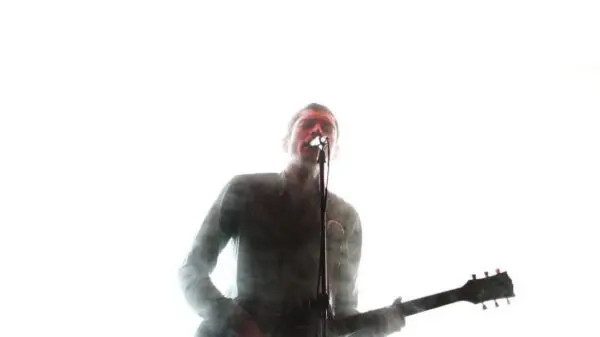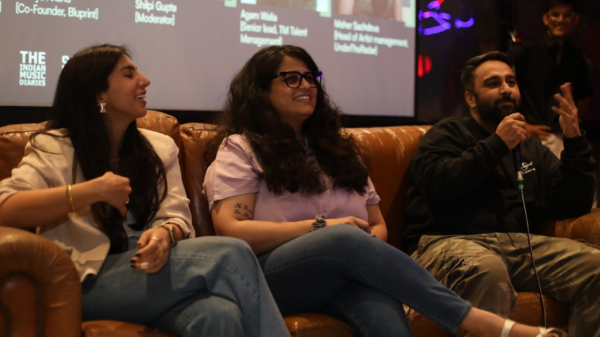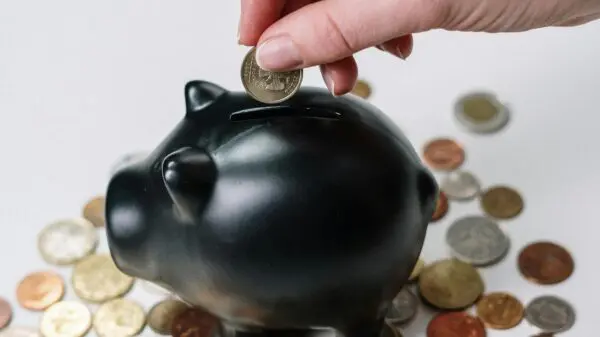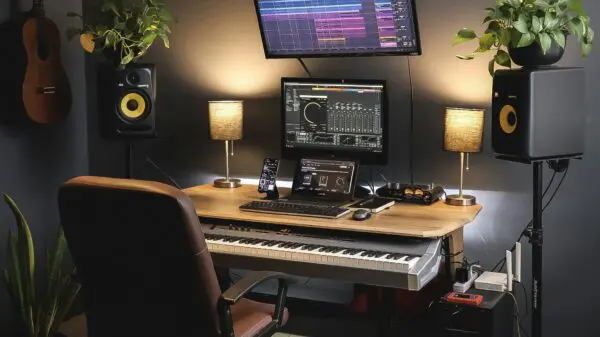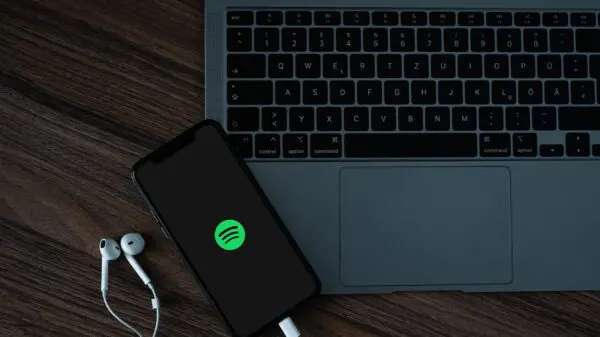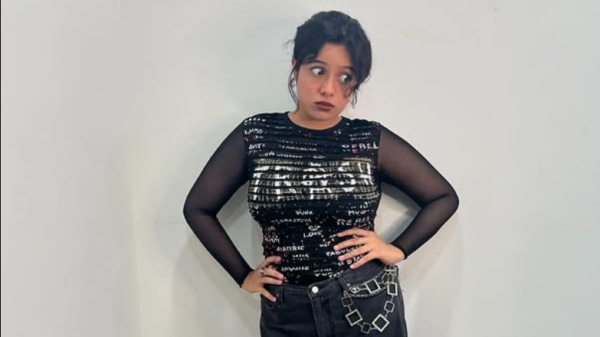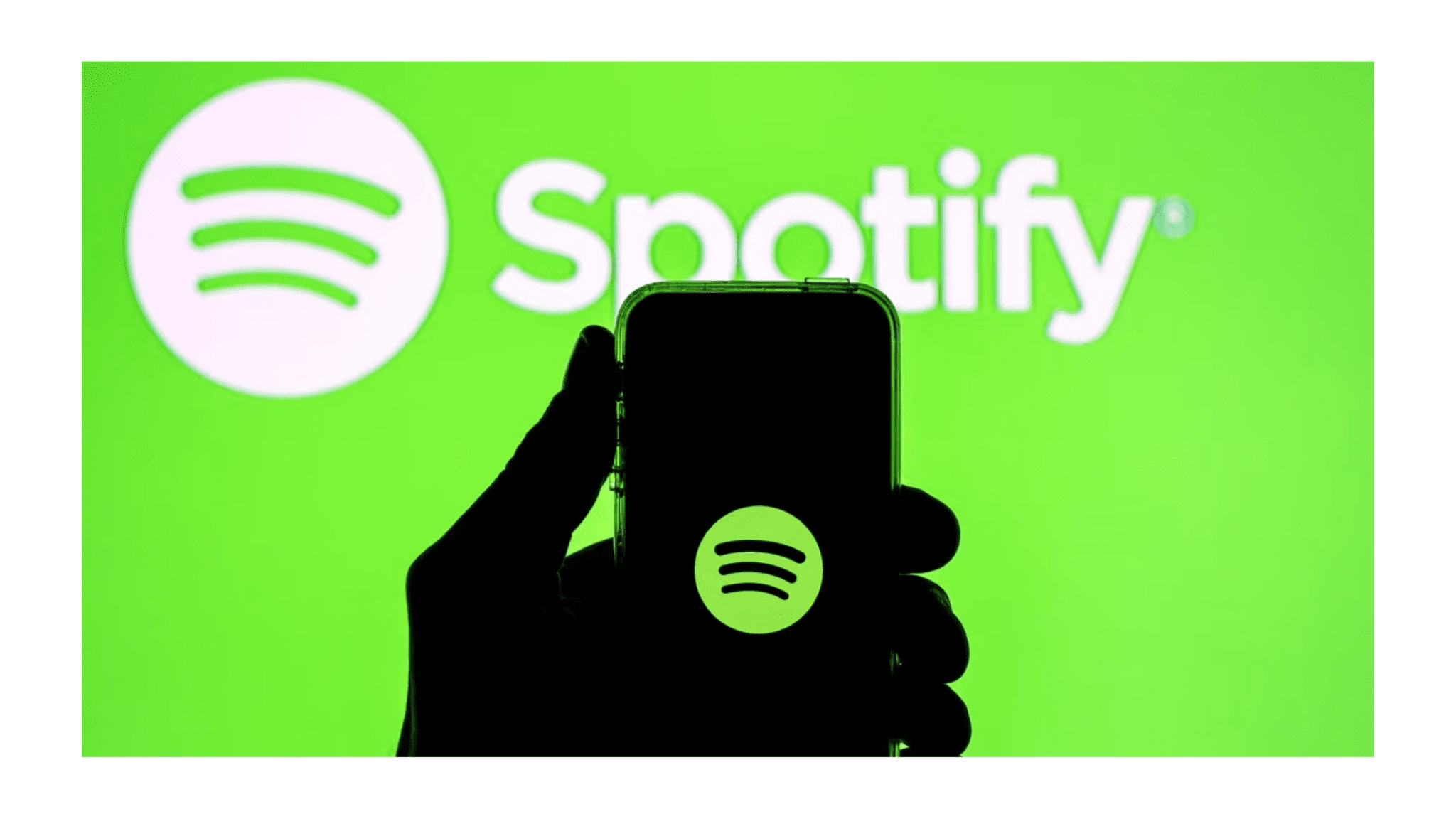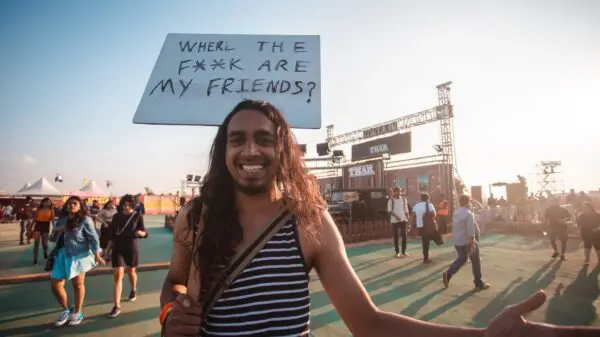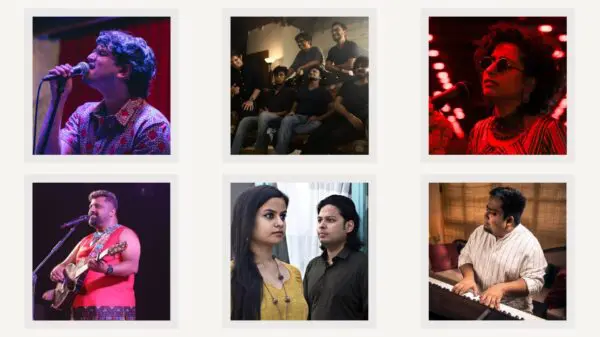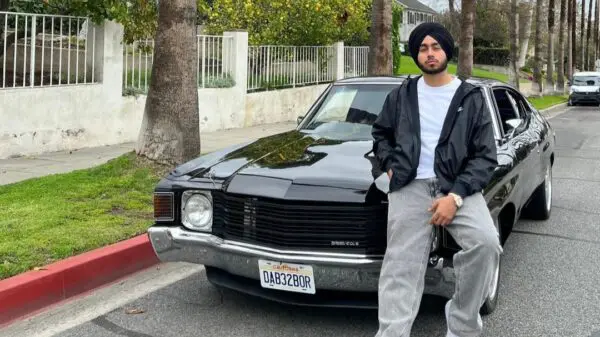The adage of there being no ethical consumption under capitalism, like most adages, stands too true; the handy anticapitalist aphorism, beneath its radical sonority, hides the onus of introspective consumerism that should rest on every one of us. Since neither consumption nor capitalism seems escapable at least in the foreseeable future, in the meantime, we should not shirk away from the ethical imperative to consume consciously.
In the moribund banality imposed by capitalism, beyond the obvious telltale signs of grave inequality, the realm of art provides a fascinating insight into the insidiousness of the system. Despite the fact that the interests of a capitalist system lie, even above profit, in perpetuating itself, the very lawless nature of it allows it to devolve further, satisfied at nothing, testing to the utmost the otherwise brutal tensility between scarcity and excess. This preface brings us to the not-so-curious case of music streaming, and more specifically its cruellest Goliath, Spotify. Any conscious consumer of music would be aware of the criminal reality of music streaming; reducing music to content, streaming has essentially erased the facticity of music, like any art, as a product requiring labour and capital to produce, from the public consciousness. Like any well-oiled capitalist machinery, just behind its high (pay)walls, streaming—with the aid of platforms like TikTok and Instagram that offer music as accessory—has basically buried alive the history of the product, thereby allowing the illusion that prevents music from coming across as something that requires money to survive under capitalism; in simpler terms, it has allowed the reality that normalises the redundancy of purchasing an album to listen to the music like one would purchase a paperback to read the words inside. The even simpler and starker interpretation was put forth by singer-songwriter and producer James Blake:
But of course, the rampant excesses of Spotify are nothing new. For years, it has sustained for itself a model that pays laughable royalties to the artists on it. The affairs are dire enough to the point that a while ago the company announced that it had “… officially demonetised all uploads with under 1,000 streams, meaning copyright holders will now only be paid by the streaming service if a track passes a threshold of more than 1,000 plays each 12 months.” The fact that it ranks as the worst streaming service in terms of artist royalties is perhaps too ubiquitous in the public sphere to come across as a revelation to anyone. However, as Stereogum reports, they have recently created for them an entirely new low to sink to:
As Kristin Robinson states, following a bump in the pricing tiers for their subscription plans, Spotify now has shifted its focus to including audiobooks on the platform. What this basically does is leave the Swedish company room for the excuse of paying artists even less, citing expenditure on their end due to purchasing the rights to said audiobooks. As Robinson writes, in light of these upgraded subscription plans, “… Billboard calculated that songwriters and publishers will earn an estimated $150 million less in U.S. mechanical royalties from premium, duo and family plans for the first 12 months that this is in effect, compared to what they would have earned if these three subscriptions were never bundled.” The United States, of course, is only the first site, for “This change only impacts the United States, but there are fears that Spotify’s reclassification will have a domino effect worldwide….” Even if the criminal economics of the situation were set aside for a second, the decision to include audiobooks would seem a vapid distillation; in context of the obvious fact that oral literature and music are different art forms consequently requiring different modes of consumption, the decision to enmesh them into a consumptive monolithism presents the company, for those who care to think critically, as little more than a fount of buffoonery.
To say that it is all hopeless would be downing the tools of resistance, and that is something we, as artists or consumers, should ardently refuse to enact. Although the prospect of artists, who do not belong under any specific entity, unionising is a tad improbable, it is hard to envision any ethical progress in streaming as long as at least smaller record labels do not unionise. James Blake, to his ineffable credit, has provided a huge impetus towards democratising music with the introduction of Vault, where artists can apply and can, without any third-party interference, release their music. On the consumption front, now more than ever, listeners have the choice to shift to more ethical means of consuming music like Bandcamp or purchasing physical music. This should strike as less a prerogative and more an imperative, for it is all too clear that for music and art in general to have a future, we have to change and reassess the fundamentals that have cocooned us into this deluded trance.

